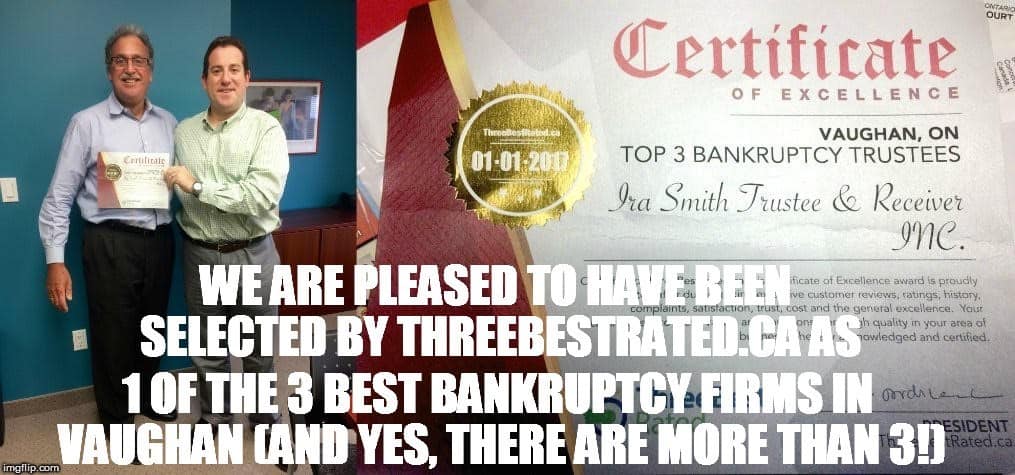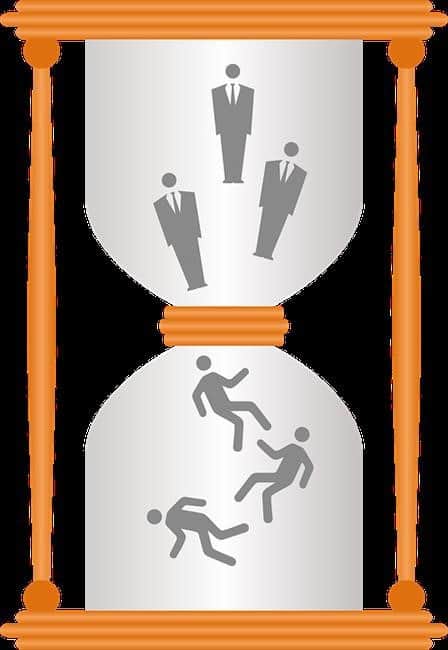 If you would prefer to listen to the audio version of this how to get out of debt fast Brandon’s Blog, please scroll to the bottom of the page and click on the podcast.
If you would prefer to listen to the audio version of this how to get out of debt fast Brandon’s Blog, please scroll to the bottom of the page and click on the podcast.
Introduction
I meet with people every day who have too much debt. There are some common themes. So this Brandon’s Blog is taking those common themes to give you seven quick ways to find extra money so you can know how to get out of debt fast. By fast, I don’t mean immediately. I mean a lot faster than you can do on your own.
It is not your fault that you have not been able to get out of debt yet. The reason is that you have never been shown these tips before. Or, if you do know some or all of them, you have not been properly motivated yet to start using them.
So I am writing this Brandon’s Blog as much to motivate as to provide information.
How do I get myself out of debt?
The concepts I am going to discuss have taught many people how to get out of debt fast. These suggestions will certainly equip you to discover cash in your budget plan and also get yourself out of debt.
I’ll then offer you three more steps to entirely repay your debt. It will aid you with benefit approaches to facing those greatest difficulties in being debt-free. Utilizing these methods to repay your debt will put you on the path to building your credit rating score back up.
Warning on how to be debt-free fast
I’ve got to put a little warning here. If you are trying to get debt-free in a fairly brief time, whether you’ve got five thousand or fifty thousand of debt, it’s going to involve some difficult decisions.
You need to dedicate yourself fully to taking these steps I’m sharing with you and to stick with it for your debt-free future. You’re probably better off just clicking out to enjoy some pet cat videos if you’re not ready to make that commitment!
How can I reduce my debt quickly?
Step 1 – Here is my first step to becoming debt free. This one is crucial before anything else. You need to get some quiet time and make you’re becoming debt-free objectives real. Making those goals real does not suggest simply thinking them out for 5 seconds.
What will you do daily when you’re debt-free? What will it feel like? How will your life be different? Write out this story on a piece of paper. Then start making you how to get out of debt fast plan.
Step 2 – Just how much do you intend to pay off in three months? In six months? You’ll make use of the actions explained below to create these objectives. The suggestion is that you have some shorter-term goals of how much to save and also just how much debt to repay.
These shorter-term goals need to feed into your longer-term 1-year goal. They’re easier to get to than that big goal. They also will inspire you to keep going when you reach them. With your goals done, it’s time to prepare your month-to-month budget. It is a plan of where your cash comes in from and where your money is going.
You require to take the time to write down every source of revenue you have and also how much from each one. You also require to recognize and write down where the money is going. As soon as you have done that, your very first big money-saver is going to be to plan spending challenges.
Now I know I just lost half of you. This isn’t a budgeting blog per se. You need to develop your budget on your own. I have written other blogs on the topic of budgeting which you can read here.
Step 3 – I like these fast little bursts of saving cash. As well, they’re going to disclose a lot concerning your spending. The way a spending challenge functions is you take one item from your budget plan, something you have control over like purchasing clothing, eating in restaurants or other shopping.
You’re going to challenge yourself to reduce that spending in half or eliminate it out entirely over the next 2 months. I am not talking about going cold turkey and not spending anything. I am speaking about a short-term challenge of a couple of months and also on 1 or 2 spending items at a time.
These spending challenges work on so many levels and I guarantee you’ll love them as much as I do. By only taking one or two items from your budget, you’re not trying to skimp and save every penny.
You can still have fun. You’re just experimenting cutting back on a few things at a time. Besides saving a lot of money, this is going to show you what you don’t care about in your budget. Even after the spending challenge, you’ll find that some of these things don’t matter that much and you’ll keep saving money.
I know somebody that used this spending challenge concept for just 6 months and saved a great deal of cash. They used that cash to pay down debt! These spending challenges are super-easy to maintain since they are only for 2 months. You’re not trying to go a year without spending. It is eight short weeks so you’ll always see the finish line.
What’s great is that eight weeks is right around the time it takes to build new habits and break old ones. Even if you go back to spending a little more after the challenge, those new habits are going to drive you and help you save easier. Maintaining this new behaviour is one of the keys for how to get out of debt fast.
How to get out of debt on a low income
Step 4 – Next is to do a complete decluttering. Don’t stress, I guarantee it’s much easier than it seems. A clutter clean means going room-to-room in your apartment, condo or house and taking out every little thing you don’t need. Particularly those things you don’t use.
This means the treadmill you never used, those movies you never see, also the furniture you never rest on. Anything that isn’t being used or making your life better, offer it for sale online or where ever you can market it.
Old clothes can go to a consignment shop, videos, as well as books to a half-price book store, to sell. Not only are you making a little money here to help pay off your financial debts, however, but you’re also ridding yourself of what you do not make use of.
It could be a challenging reality to face the fact that you may have squandered your cash getting some of these things. But it is that wakeup call we all need to keep us from wasting more of our money on even more stuff.
Step 5 – This is going to be another tough decision but its one that a lot of people need to make. That is taking a cold, hard look at how you’re getting around every day.
I like watching or listening to shows and reading about people talking about how much debt they have. What always amazes me about these, and I see this probably 90% of the time, is how many people have new car payments they can’t afford. Seriously, people just don’t seem to see how a monthly $800 new car payment is wrecking their budget!
Besides the payment itself, insurance and registration are going to be more on a new car. Now I’m not saying you can’t have nice things or that you should never buy a new car. Perhaps a demo or a car in good condition that just came off a 3-year lease would be more economical and save you money.
Enjoy your money! We don’t have a lot of time on this earth and you have to enjoy it. But you can’t enjoy life if you’re constantly stressed out from the burden of that debt. So you need to take a look at what’s parked in the driveway.
If it’s a new car and you have more than $20,000 in debt, sell that sucker or trade it in. Get a used car that’s going to save you a few hundred a month and use it to pay down your debt!
Step 6 – This one is going to be to fight lifestyle creep. Lifestyle creep is how your spending seems to rise along with your income so you’re always stuck in that paycheque-to-paycheque money trap.
How is it that we get tax refunds or a raise but never have enough to save? You work overtime but the money just seems to evaporate into thin air. It’s that problem of lifestyle creep. Our budget always seems to grow to eat up whatever income there is.
Fighting lifestyle creep just means writing out that budget, knowing how much you’re spending and then making that effort to not spend more just because you’ve got a little extra. The best way I’ve found to do this is to assign all your extra money to that debt payoff plan or a retirement investing account.
By having a place for that extra money, it stops being extra and that temptation to fill the gap with extra spending goes away. It might not seem like it will save much but you would be surprised how quickly regular smaller amounts will add up.
Step 7 – My last money-saving trick before we get to those 3 debt repayment methods is going to be to freeze your credit cards. As I have stated lots of times in the past, you simply do not get that same mental and emotional feeling when you use a credit card that you get when you pay with cash.
I’m not saying to cut up your cards. I have a credit card I use for business spending and personal spending. It is also helpful to have one for emergencies if you don’t have a cash emergency fund. Freezing your credit cards is going to still keep that option open yet it makes you reconsider your spending on almost every item.
Simply put, those 7 money-saving hacks are going to provide you with thousands to plan with to pay off debt quickly. None of them are awfully hard and I assure you they will help put you back on the right track.
How can I pay off 5000 in debt fast?
Now I want to share three more debt strategies. These are ways to pay off your debt and restructuring your debt to get it paid off as fast as possible. You need to know how to prioritize your debt payoff. It is amazing how just a little tweak in how you pay your bills can mean a huge difference in getting debt-free.
There are two debt payoff strategies that I’ve talked about in Brandon’s Blog quite a bit: (i) the avalanche method; and (ii) the debt snowball method. Picking one of these two strategies is going to help you save money on interest and motivate you when budgeting gets tough. I’ve detailed these two strategies in other blogs like the one you can read by clicking here. I’ll give you the general outline here. These two methods are very common as to how to get out of debt fast.
In the debt avalanche method, you list out your debts in order of interest rate from the highest rate to the lowest. You still have to make minimum payments each month but you use any extra money, the money we found from those seven savings strategies before, to make extra payments on those with the highest rate of interest.
This method makes the most sense financially because by paying off those high-rate debts first, you’re saving money. A lot of times, these high-rate debts are going to be the highest payments as well so paying them off faster is going to free up a lot of room in your budget.
That other method, the debt snowball method, means listing your debts by order of amount owed from smallest to largest. Here instead of making those extra payments to the highest-rate debt, you’re paying more on the debts with the lowest amount owed. That means you’re going to see these small debts fall off your list faster.
And while that avalanche method might save the most money, that snowball method is hugely motivating. You’re going to see those debts fall off your list fast and that’s going to help you keep going with your budget and saving money.
So think carefully about the debt snowball vs debt avalanche methods and pick the one you think will make you feel the best. But even if you’re not following a specific debt payoff strategy, I want you to try just putting an extra $15 a month towards paying off your debt. Do more if you can but even this small amount is going to go a long way and save you a lot of money.
How to pay off credit card debt
The third strategy comes after picking one of the two debt payoff strategies I just mentioned. This third strategy is to get your interest rates lowered on the debt you have. TransUnion Canada has said that in 2018, the average Canadian’s non-mortgage debt stood at $29,312 per person, including an average credit card balance of $4,154. With interest rates at a minimum of 19% per annum, that means you’re paying $166.16 a month just for the minimum monthly payment.
Using the average credit card balance, at $166.16, it would take you over 10 years to pay off $4,154. If the entire average non-mortgage debt of $29,312 is credit card debt, then the minimum monthly payment would be $1,172.48. It would take 17.4 years to pay off the balance. That’s going to make it impossible to get out ahead so we’re going to focus first on these cards to lower our rates.
The first thing you can do is just call the credit card company and ask for a six-month introductory rate. Tell them you’re thinking about a balance transfer to a zero percent rate you are being offered by another credit card issuer, but you’d like to stick with them if they’ll match the offer. A lot of times, this is all it takes.
Getting a six-month introductory rate on that average balance means you’ll save almost $1,000 on a call that takes all of five minutes to make. If your credit card company won’t lower your rate, then start looking for those introductory rate cards and make a balance transfer. Either way, you’re going to be saving money that you can put into faster debt payoff.
Another option is going to be to just consolidate your debt into a personal loan. This means taking out a signature loan from a bank to pay off those high-rate cards. IF you still have a decent credit score and a job, then hopefully you can qualify for a personal loan. With a personal loan which probably has an interest rate 10% lower than the credit card rate, you’ll save hundreds of dollars, and you’ll get a fixed payment and a payoff date instead of that hamster wheel of credit cards.
How to get out of debt on a low income
Now you’ve got 7 financial concepts and 2 debt payoff techniques to help you pay down your debt. But I want to talk to you about one more action that most people miss out on. It is essential to creating your financial future. The problem is that so many people living paycheque to paycheque are only looking at their finances from one side of the equation. They get into debt or are trying to get out ahead and they immediately go to budgeting and saving money. But how realistic is that when your budget is already cut to the bone?
They claim you cannot squeeze blood from a rock and you cannot save money from a budget that is barely sufficient to make ends meet as it is. Instead, what I want you to do is to look at this from the other side of the formula. Do not check out it simply from the side of saving money but making even more cash also.
This doesn’t mean getting a 2nd job. It can be as easy as investing simply five or 10 hours a week in a side hustle, making that additional $200 a week to help pay for your debt much faster. You’re not only going to be paying down debt. You likewise are going to be happier because every little thing isn’t depending upon skimping and cutting your spending plan to live like a miser.
Doing all this, you’re going to be impressed at exactly how quick you repay your debt. When you get out from under that constant burden of debt I want you to feel it. It is a great sensation.
Summary
I hope you found this Brandon’s Blog on how to get out of debt fast and my tips to pay off your debt helpful. Sometimes though things are too far gone and more drastic and immediate triage action is required.
Do you have too much debt? Are you in need of financial restructuring? The financial restructuring process is complex. The Ira Smith Team understands how to do a complex restructuring. However, more importantly, we understand the needs of the entrepreneur or the person who has too much personal debt. You are worried because you are facing significant financial challenges.
It is not your fault that you are in this situation. You have been only shown the old ways that do not work anymore. The Ira Smith Team uses new modern ways to get you out of your debt troubles while avoiding bankruptcy. We can get you debt relief freedom.
The stress placed upon you is huge. We understand your pain points. We look at your entire situation and devise a strategy that is as unique as you and your problems; financial and emotional. The way we take the load off of your shoulders and devise a debt settlement plan, we know that we can help you.
We know that people facing financial problems need realistic lifeline. There is no “one solution fits all” approach with the Ira Smith Team. That is why we can develop a restructuring process as unique as the financial problems and pain you are facing. If any of this sounds familiar to you and you are serious in finding a solution, contact the Ira Smith Trustee & Receiver Inc. team today.
Call us now for a free consultation. We will get you or your company back on the road to healthy stress-free operations and recover from the pain points in your life, Starting Over, Starting Now.
[monkeytools msnip=”https://monkeyplayr.com/playr.php?u=5173&p=21781″]


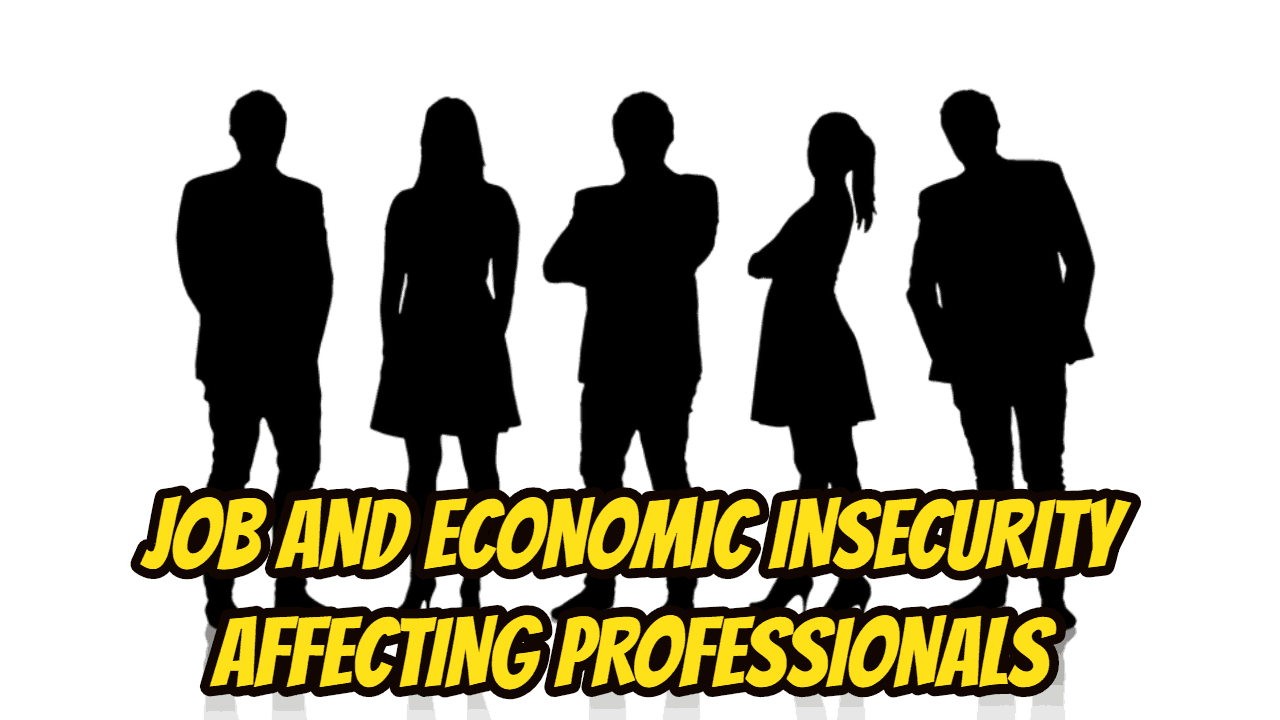

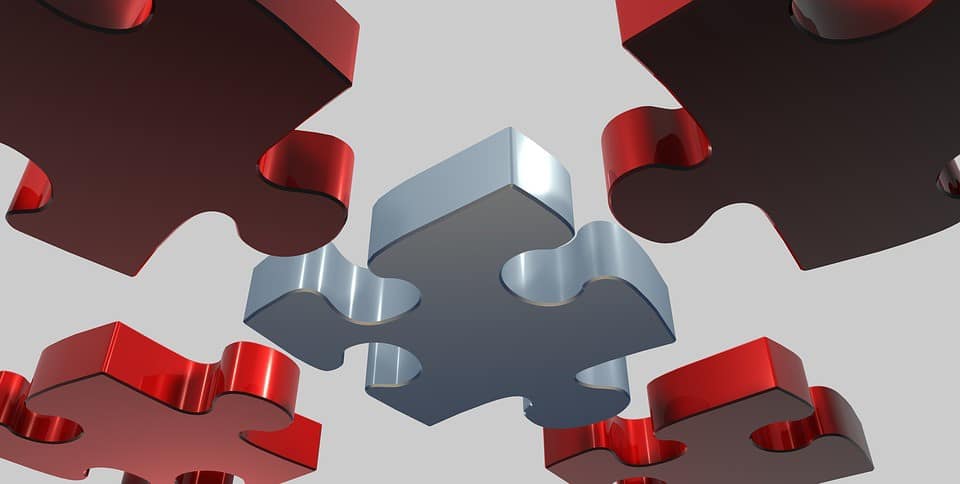

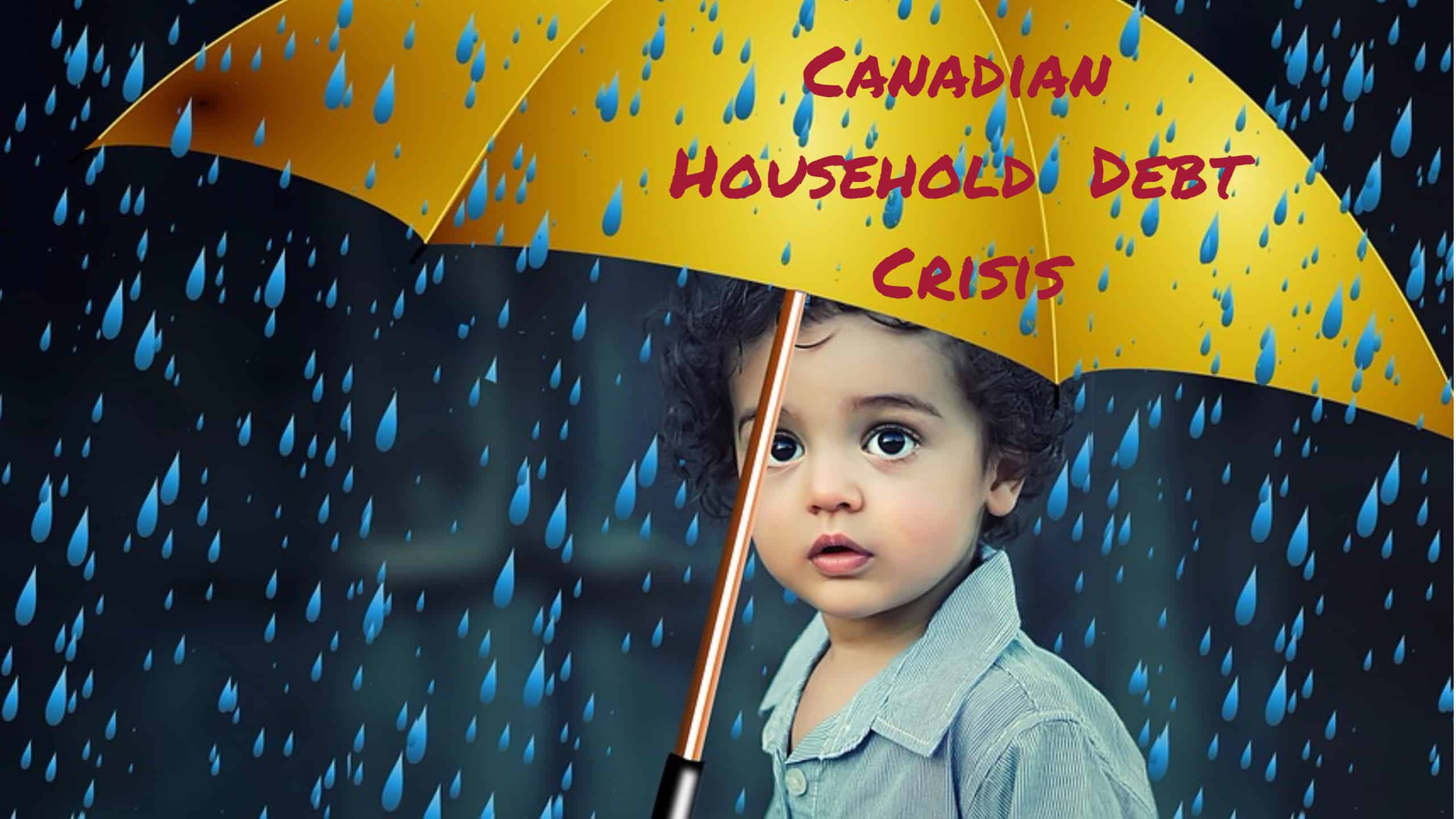 Canadian household debt crisis: Introduction
Canadian household debt crisis: Introduction